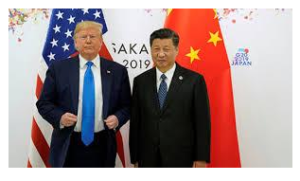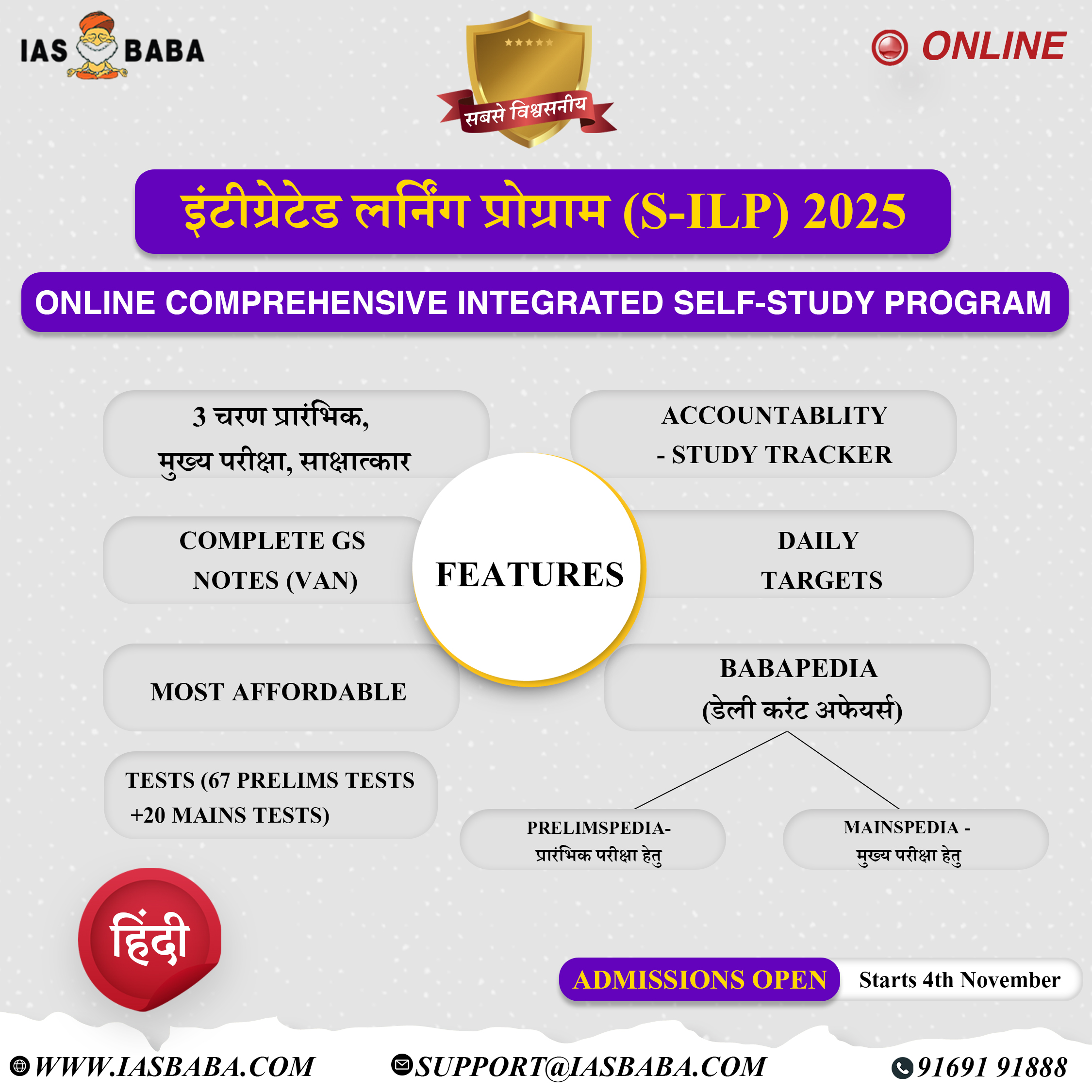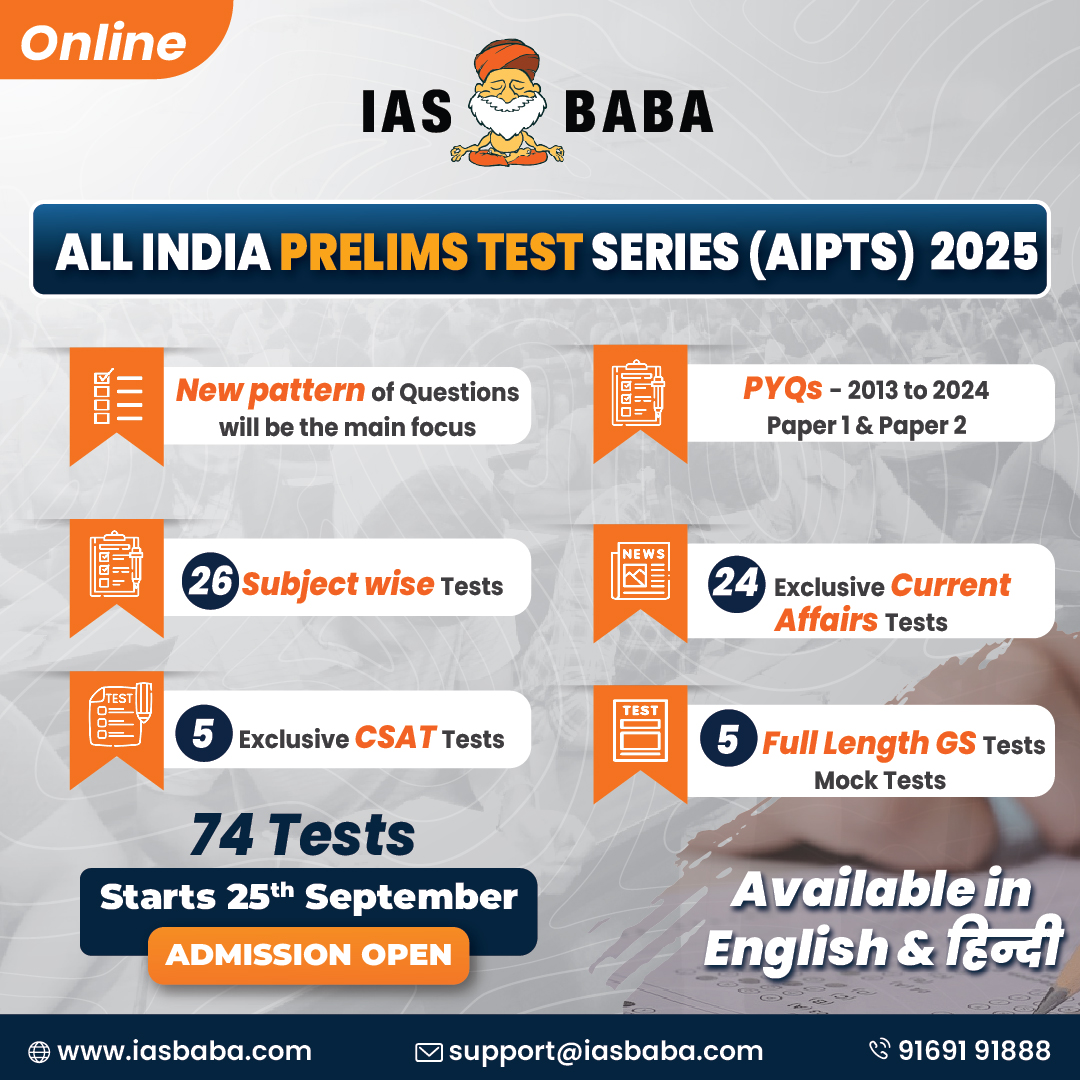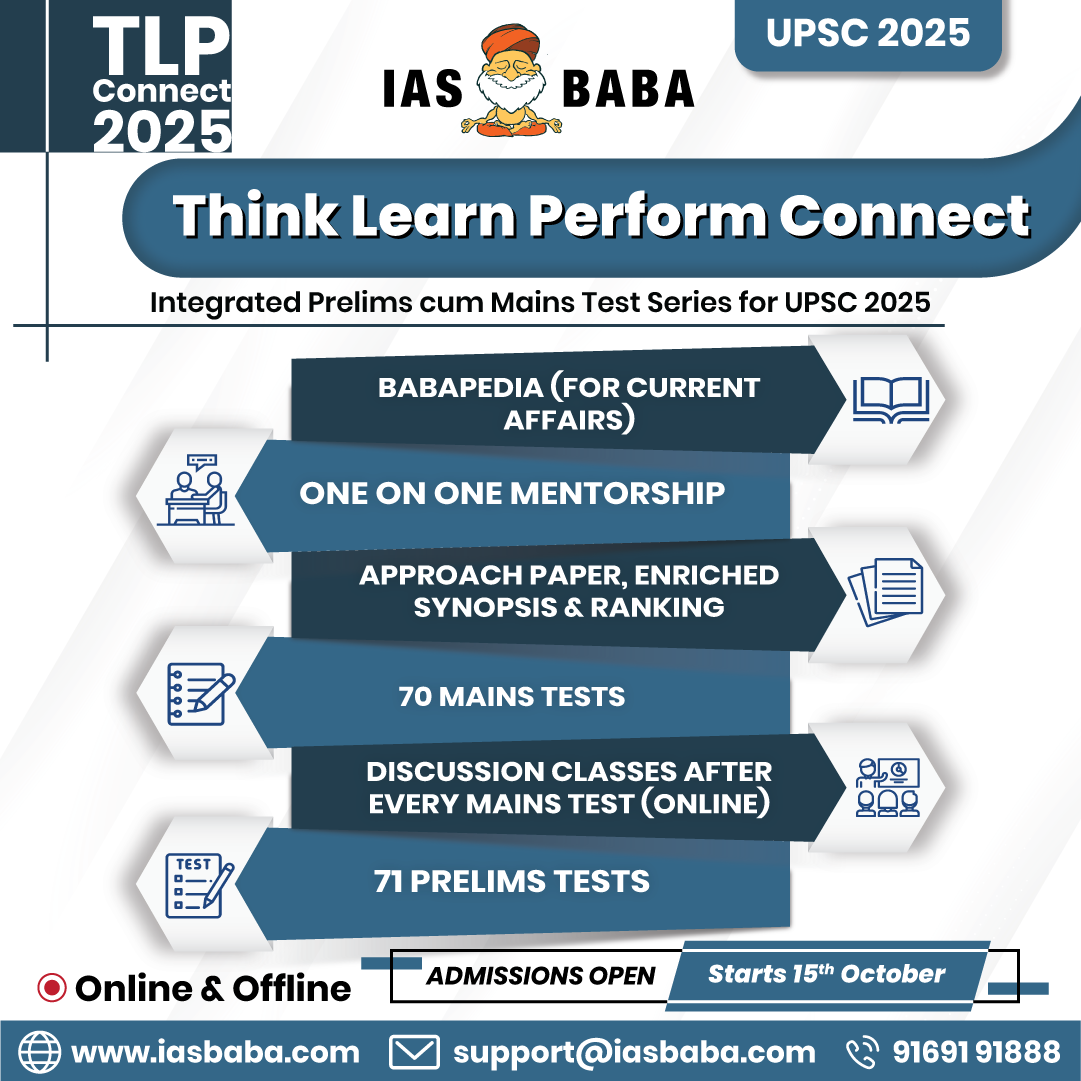UPSC Articles
INTERNATIONAL RELATIONS
TOPIC: General Studies 2:
- Bilateral, regional and global groupings and agreements involving India and/or affecting India’s interests
- Effect of policies and politics of developed and developing countries on India’s interests, Indian Diaspora.
US and China : ‘Phase One’ agreement

Daily Current Affairs IAS | UPSC Prelims and Mains Exam – 16th December 2019
Context:
- United States and China recently announced a “Phase One” agreement
- With this US will reduce some tariffs in exchange for increased Chinese purchases of American farm and energy goods.
Background:
- Donald Trump in 2018 began setting tariffs and other trade barriers on China with the goal of forcing it to make changes to what the U.S. says are “unfair trade practices” of China
- Among those trade practices and their effects are the growing trade deficit, the theft of intellectual property, and the forced transfer of American technology to China
- The trade war has brought struggles for farmers and manufacturers and higher prices for consumers.
- It has also caused economic damage In some countries, some countries have benefited from increased manufacturing to fill the gaps. It has also led to stock market instability.
Impact of trade war on India :
- The US manufacturers are setting up their bases in India. For India, this will be beneficial as it would create more jobs for us.
- There is a possibility that China could soon start flooding excess steel and aluminium into India’s market after this raised tariffs on Chinese products by US.
- Mobile phones, refrigerators, washing machines, ACs, water purifiers, and possibly electric vehicles will now see increased investment flow directed towards India.
- The Indian consumers will get the products at a cheaper rate but the domestic producers of India will have to compete with the Chinese imports or else face loss.
- Indian producers will get an opportunity to fill this generated gap and penetrate in the US market. This will increase their trade and profit.
- There will be a short-term impact on the stock markets.
Features:
- The US will halve its 15 per cent tariff on about $120 billion in Chinese goods
China has agreed to increase its total purchases of US goods and services by at least $200 billion over the next two years. Also included is a commitment by China to increase its buying of US agricultural products
- Addresses unfair currency practices by committing to refrain from competitive devaluations and exchange rate targeting. “This approach will help reinforce macroeconomic and exchange rate stability and help ensure that China cannot use currency practices to unfairly compete against U.S. exporters”
- China have agreed not to pressure foreign companies to transfer their technology to Chinese companies.
- The agreement also include a dispute-resolution mechanism that will serve as the enforcement arm.
Critics:
- It would bring only temporary relief in the over 18-month-old trade war between the US and China.
- Does little to resolve the United States’ biggest concerns about China’s trade practices, including its use of industrial subsidies and state-owned enterprises to dominate global industries like steel and solar panels.
- The deal would increase Chinese purchases of American agricultural and energy products,
- It limits on China’s ability to weaken its currency and provide greater protection to US companies that are operating in China.
Way forward:
- China and the United States, the world’s two largest economies, must deal with bilateral economic and trade relations with the big picture in mind.
- Reaching the agreement will serve the fundamental interests of the people of the two countries and the world,
- It is expected to bring positive influences on areas including economy, trade, investment and the financial market
Conclusion:
- The economic and political benefits of de-escalation in the trade war have become readily apparent.
- A rollback of tariffs and cancellation of new levies, makes sense for the US economy and for the World economy.
Connecting the dots:
- Do you think Phase One” agreement make a positive impact on Indian economy?











